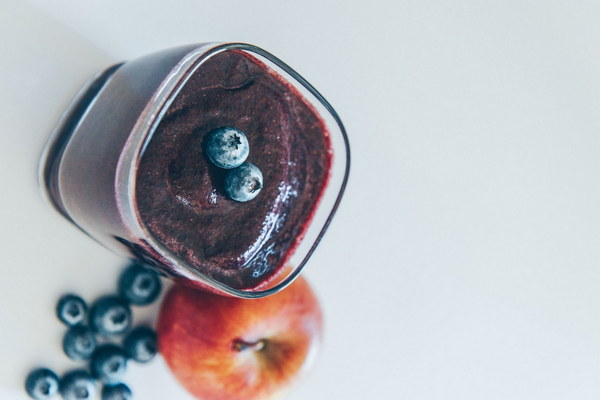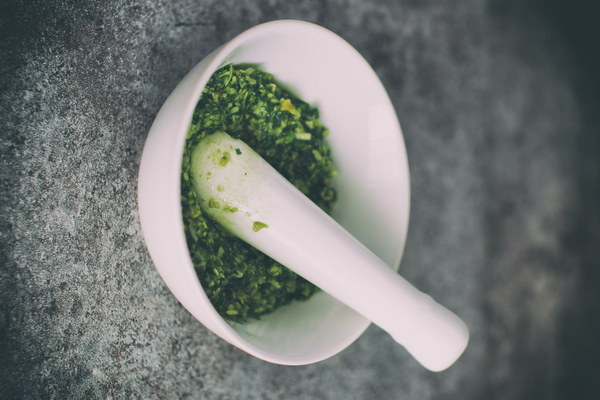The Ultimate Guide to the Best Medications for Liver Support Nourishment and Protection
Introduction:
The liver is one of the most vital organs in the human body, responsible for detoxifying harmful substances, producing bile, and storing essential nutrients. With its crucial role in maintaining overall health, it's essential to take proper care of our liver. One effective way to support, nourish, and protect the liver is through medication. This article will provide an overview of the best medications available for liver health, their benefits, and potential side effects.
1. Milk Thistle (Silymarin):
Milk thistle is a popular herbal supplement known for its liver-protective properties. The active ingredient, silymarin, has been shown to protect liver cells from damage caused by toxins, alcohol, and other harmful substances. It also helps to regenerate liver cells and improve liver function. Milk thistle is available in various forms, such as capsules, tablets, and teas.
Benefits:
- Protects liver cells from damage
- Promotes liver regeneration
- Improves liver function
- Supports overall liver health
Potential Side Effects:
- Gastrointestinal issues, such as nausea and diarrhea
- Allergic reactions in some individuals
2. Alpha-Lipoic Acid (ALA):
Alpha-lipoic acid is an antioxidant that can be found in both supplement and medication forms. It helps to improve liver function, reduce inflammation, and protect against oxidative stress. ALA is often used in conjunction with other liver-protective medications, such as milk thistle and N-acetylcysteine (NAC).
Benefits:
- Enhances liver function
- Reduces inflammation
- Protects against oxidative stress
- Supports overall liver health
Potential Side Effects:
- Allergic reactions
- Gastrointestinal issues
- Muscle cramps
3. N-Acetylcysteine (NAC):
NAC is a precursor to the antioxidant glutathione, which is essential for liver detoxification. It helps to protect liver cells from damage and supports liver function. NAC is often recommended for individuals with liver conditions, such as hepatitis and cirrhosis.
Benefits:
- Supports liver detoxification
- Protects liver cells from damage
- Improves liver function
- Supports overall liver health
Potential Side Effects:
- Gastrointestinal issues, such as nausea and diarrhea
- Allergic reactions
- Skin rash
4. Ursodiol (Actigall):
Ursodiol is a bile acid derivative used to treat various liver conditions, including primary biliary cholangitis (PBC) and primary sclerosing cholangitis (PSC). It helps to reduce inflammation in the bile ducts, improve liver function, and alleviate symptoms.
Benefits:
- Reduces inflammation in the bile ducts
- Improves liver function
- Alleviates symptoms of liver disease
- Supports overall liver health
Potential Side Effects:

- Gastrointestinal issues, such as diarrhea and nausea
- Allergic reactions
- Back pain
5. Metformin (Glucophage):
Metformin, commonly used to treat type 2 diabetes, has also been found to have liver-protective properties. It helps to improve liver function and reduce the risk of developing non-alcoholic fatty liver disease (NAFLD). Metformin is often prescribed off-label for liver health.
Benefits:
- Improves liver function
- Reduces the risk of NAFLD
- Supports overall liver health
Potential Side Effects:
- Gastrointestinal issues, such as diarrhea, nausea, and vomiting
- Lactic acidosis, a rare but serious side effect
- Vitamin B12 deficiency
Conclusion:
Maintaining liver health is crucial for overall well-being. While medication can play a significant role in supporting, nourishing, and protecting the liver, it's essential to consult with a healthcare professional before starting any new medication. They can provide personalized advice based on your specific health needs and help you make informed decisions about your liver care. Remember, a balanced diet, regular exercise, and avoiding harmful substances are also vital for liver health.









